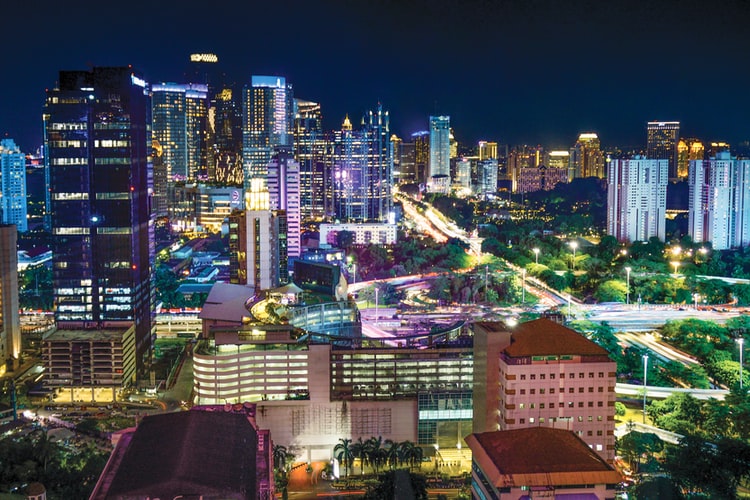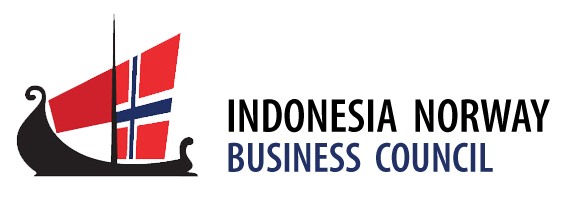
BUSINESS IN INDONESIA
Starting a business in Indonesia
With a large population, diverse market, affordable labour, rapidly growing economy, and abundant natural resources, Indonesia is rife with business opportunities. Consequently, each year the number of foreign investors and foreign direct investments (FDI) in Indonesia keeps climbing up at a steady rate.
Why Indonesia?
As a rising economic power, Indonesia has countless business opportunities to offer. The country is especially famous for its agriculture as well as the natural oil and gas sectors. However, other sectors have been gaining traction in the last few years as well, such as infrastructure, tourism, manufacturing industry, digital industry, and even lifestyle.
Furthermore, the Indonesian government has also been working to make investing in Indonesia easier for foreigners. Indonesia has shown progressive achievement in the past years. The process to make FDI in Indonesia is easier than ever today. The Indonesian Investment Coordinating Board (BKPM) even has a One-Stop-Service Center (OSS-C) directed specifically for foreigners to improve its services and cut the bureaucracy procedure.
Things to consider before starting a business in Indonesia
Before making your investment and starting your business in Indonesia, here are a few things you may want to take into consideration.
Sector
Some sectors and industries are completely off-limits to foreign investors. Please check the Indonesia Negative Investment List to learn more about this. Different sectors’ foreign ownership limits range from zero (0%) to ninety-five (95%). That said, don’t let this discourage you. Certain industries are open for full foreign ownership. And besides, you can still find local business partners for the restricted sectors.
High minimum capital
The BKPM requires foreign investors to have a certain amount of minimum capital to set up a company in Indonesia. That amount is not small at all, especially compared to other developing countries — the amount cost IDR 10 billion (approximately $750,000). Additionally, the minimum paid-up capital amount is IDR 2.5 billion (approximately $180,000). But once you already have the capital, you should find it easy to get your company up and running.
Availability of Infrastructure
Development has always been one of the hardest problems Indonesia has to tackle. The development in the country has been mainly focused on Java Island. All the essential infrastructures and facilities businesses need are highly concentrated in this island. While other areas of the country are getting more attention right now, you may still find them lacking adequate infrastructures. It’s not impossible to start your business outside of Java, but it will be a challenge.
Human resources issues
Even though Indonesia is the fourth most populated country in the world, not all the productive populace has sufficient skills to participate in the industrial and commercial world. This is due to the education rate doesn’t spread equally across the country. For this reason, you may find it hard to find sufficient talent pools outside of Java, the country’s most developed island.
Foreign-Owned Company (PT PMA)
If you plan to generate revenue or engage directly in sales in Indonesia, then you will need to establish a foreign investment limited liability company, known as a Perseroan Terbatas Penanaman Modal Asing (PT PMA). This is the legal entity through which a foreign investor can conduct commercial activities in Indonesia. A PT PMA can either be 100% foreign-owned or partially foreign-owned.
Again, keep the Negative Investment List in mind before trying to set up your PT PMA. Also, note that establishing a PT PMA requires you to prepare a lot of legal documents and follow an often-confusing bureaucracy process. Moreover, there are a lot of requirements that should be met by the company.
Procedures for starting a business in Indonesia
At least two shareholders are required to establish a PT PMA, and at least one of these should be a foreigner. As a foreigner who’s going to establish a PT PMA, you will need to obtain a tax number (NPWP) and a work permit (KITAS).
Then, you should contact the BKPM, which is the service agency that deals with foreign investment in Indonesia. Alternatively, if you don’t want to deal with all the bureaucracy on your own, you can opt to employ the services of a locally owned company that specializes in setting up PT PMAs or representative offices for foreigners.
Ensure that your agent is trustworthy, can provide references, and is aware of regularly changing BKPM regulations. Once you have chosen a reliable agent, you will just need to send them all the required documents, and they will deal with all procedures at the BKPM on your behalf.
To establish a PT PMA, you will need to comply with the minimum capital requirements for foreign investment, which currently stands at IDR10 billion with the additional minimum paid-up capital amount of IDR 2.5 billion. Some sectors may even require a higher minimum of paid-up capital. But in practice, in most sectors, a PT PMA can be established without a foreign investor needing to transfer the paid-up capital to an Indonesian bank account. This can be done as long as the shareholders of the PT PMA sign a Capital Statement Letter declaring that the paid-up capital can be transferred if needed.
To set up a PT PMA in Indonesia, you will require the following licenses/documents:
- A principle license and a business license from BKPM
- A Deed of Establishment that has been legalised by a public notary. This should detail the founders, the board of directors, the board of commissioners, and all shareholders.
- Legal entity status of the PT PMA by the Ministry of Law and Human Rights
- A domicile letter from the local district authority
- A tax identification number (NPWP) and taxable entrepreneur confirmation (PKP)
- A company registration certificate (TDP) for integrated licensing services (BPPT)
- A manpower report and company welfare report from the Ministry of Manpower
Once you have established your PT PTMA, be sure to always report your taxes on time, as this is something that the authorities in Indonesia keep a close eye on. You should also be aware that health insurance (BPJS) is now mandatory, and every PT PMA must report its investment activity.
Additional tips
If you find yourself wanting to establish a business in a sector that has been listed in the Negative Investment List, a local nominee company (PT) is your solution. It is also a good solution if you find yourself short of capital as a PT requires less initial capital than a PT PMA. You can make a deal with local people to establish a business in Indonesia.
To establish a PT, you will need 2 shareholders, 1 local Director, and 1 Commissioner. Note that this type of company only allows 100% Indonesian citizen ownership. Hence you will need Local Nominee for setting it up, and you cannot gain 100% control or ownership this way. However, you can still gain control over most of the business process of the PT by owning the PT’s shares.



